Scientists Uncover 3.3 Billion-Year-Old Clues to Life's Origins
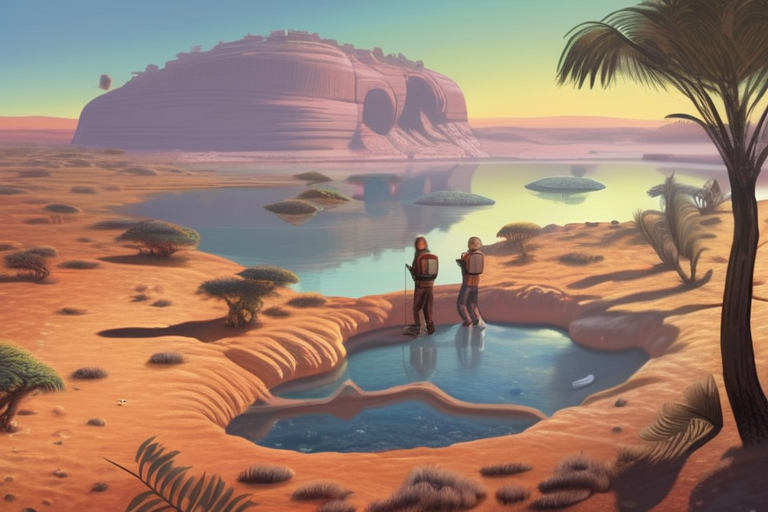
Multi-Source Journalism
This article synthesizes reporting from multiple credible news sources to provide comprehensive, balanced coverage.

Multi-Source Journalism
This article synthesizes reporting from multiple credible news sources to provide comprehensive, balanced coverage.
Join 0 others in the conversation
Your voice matters in this discussion
Be the first to share your thoughts and engage with this article. Your perspective matters!
Discover more articles

New York Attorney General Letitia James has been charged in a mortgage fraud investigation, marking the latest move by the Trump administration's Justice Department to prosecute its adversaries. The charges against James come after she sued President
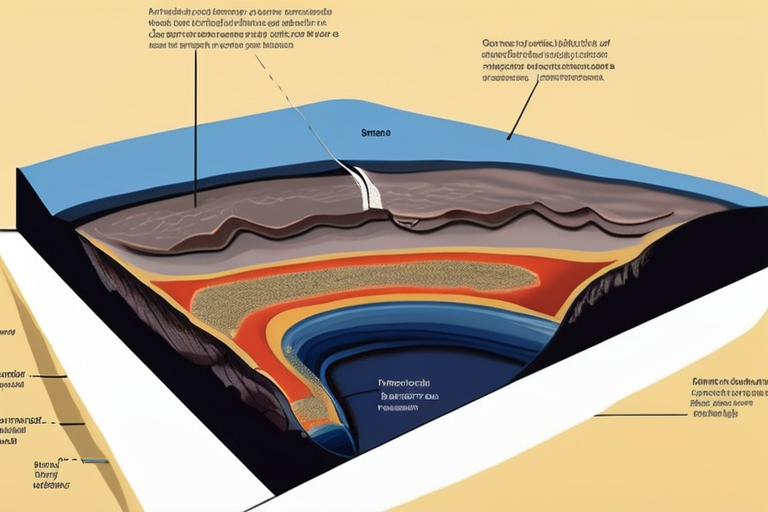
Scientists at MIT have made a groundbreaking discovery, uncovering chemical fingerprints of Earth's earliest incarnation hidden deep within ancient mantle rocks. This finding offers a rare glimpse into our planet's ancient origins, revealing remnants
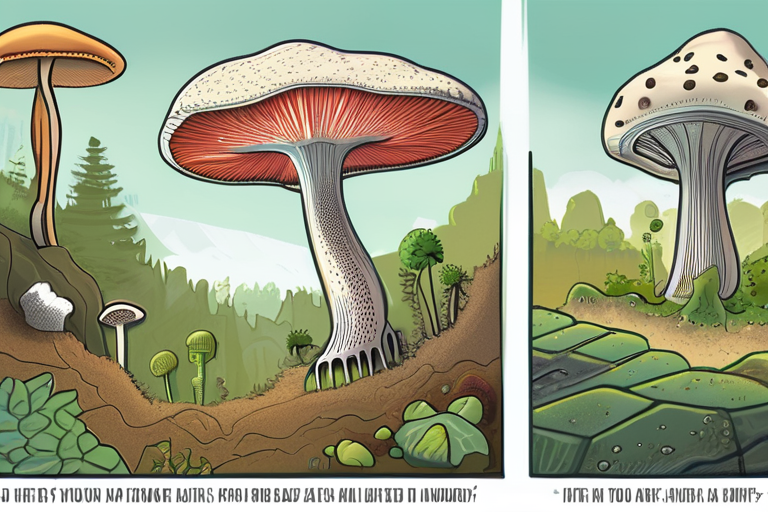
New research reveals that fungi have been shaping Earth's landscapes for nearly a billion years, predating plants and playing a crucial role in making the planet habitable. By partnering with algae, ancient fungi engineered the first soils and ecosys
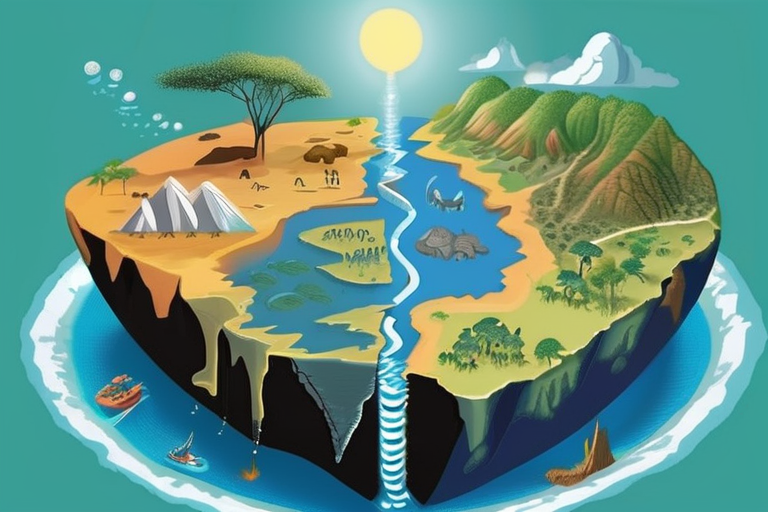
A groundbreaking study has revealed that the breakup of the ancient supercontinent Nuna, which occurred 1.5 billion years ago, played a crucial role in the emergence of complex life on Earth. By analyzing 1.8 billion years of Earth's history, researc
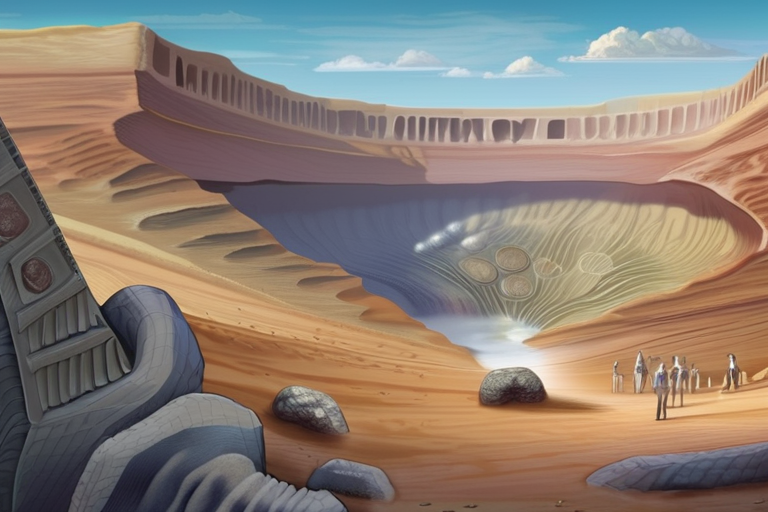
Scientists at MIT have made a groundbreaking discovery, uncovering chemical remnants of Earth's ancient precursor, "proto Earth," which existed 4.5 billion years ago before a cataclysmic impact reshaped our planet. The findings, hidden deep within ma

Scientists have unearthed 6-million-year-old ice in Antarctica, providing the oldest direct record of Earth's ancient atmosphere and climate. This groundbreaking discovery reveals a dramatic cooling trend and offers unprecedented insights into greenh
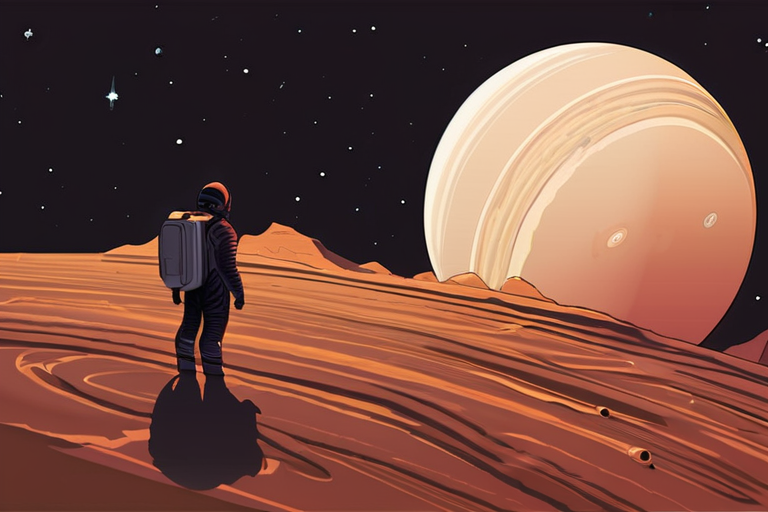
Astronomers have detected strong phosphine signatures on a brown dwarf, confirming long-awaited predictions and providing closure to a decade-long problem. However, this finding also raises concerns for alien hunters, as it suggests that phosphine ca
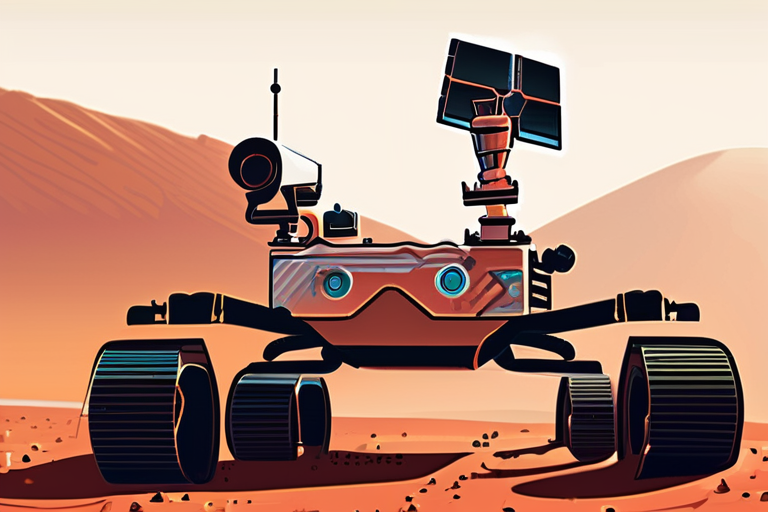
NASA has made a groundbreaking discovery on Mars, with a rock sample showing potential signs of ancient life. The finding, published in the journal Nature, suggests that microorganisms may have left behind tiny signatures billions of years ago. This

A groundbreaking study by Robert G. Endres of Imperial College London has shed new light on the origin of life, revealing that its emergence from nonliving matter may be significantly more improbable than previously thought. Using mathematical framew

Renowned archaeologist Kristina Douglass has been awarded an $800,000 MacArthur Fellowship for her groundbreaking research on how ancient societies adapted to climate change. Conducting fieldwork in Madagascar's breathtaking landscape, Douglass is un
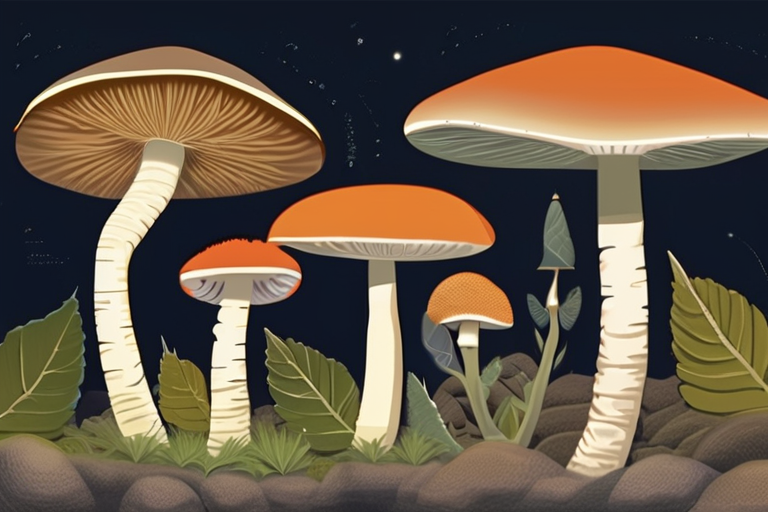
Recent research reveals that fungi emerged on Earth's surface approximately 1.4 billion years ago, predating the existence of plants and animals. This groundbreaking discovery, facilitated by advanced molecular dating and gene transfer analysis, high
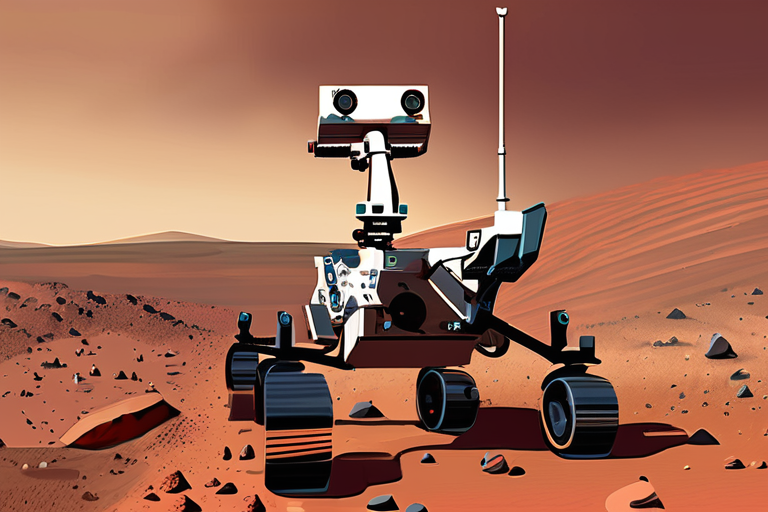
Scientists have discovered potential biosignatures in Martian rocks, suggesting ancient microbial life may have existed on the Red Planet. The findings, made by NASA's Perseverance rover, reveal a unique arrangement of organic molecules and minerals
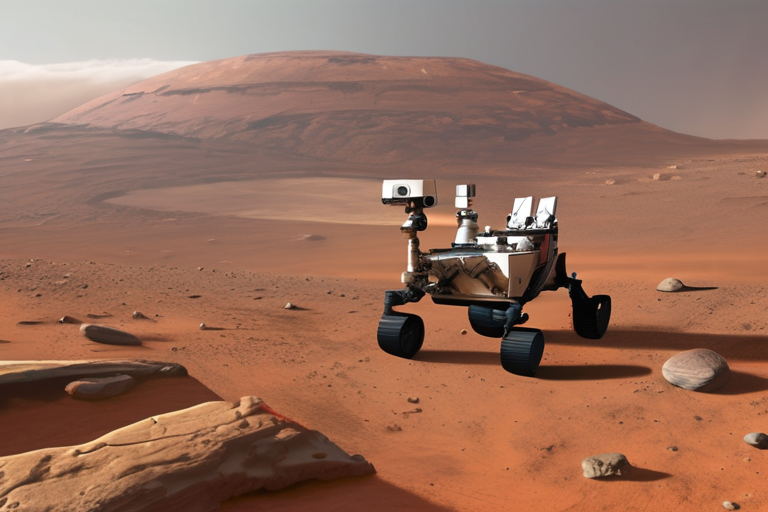
NASA's Perseverance rover has uncovered evidence of ancient Mars chemistry that could have supported life, including chemical reactions involving water, minerals, and possibly organic material. The findings suggest that the Martian crater Jezero may
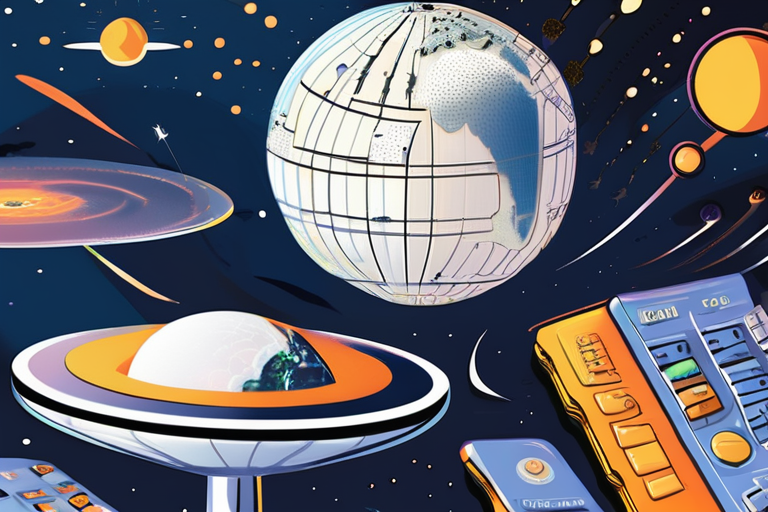
A groundbreaking study by Robert G. Endres of Imperial College London has shed new light on the origin of life, revealing that its emergence from nonliving matter may be far more improbable than previously thought. Using mathematical frameworks and i

A groundbreaking study by Robert G. Endres of Imperial College London has significantly increased the mystery surrounding life's origin story, suggesting that the spontaneous emergence of life from nonliving matter may be far more unlikely than previ

Scientists studying exoplanets, celestial bodies beyond our solar system, are seeking collaboration with lab-based chemists to better understand the diverse atmospheres and chemical processes of these distant worlds. Recent discoveries by the James W
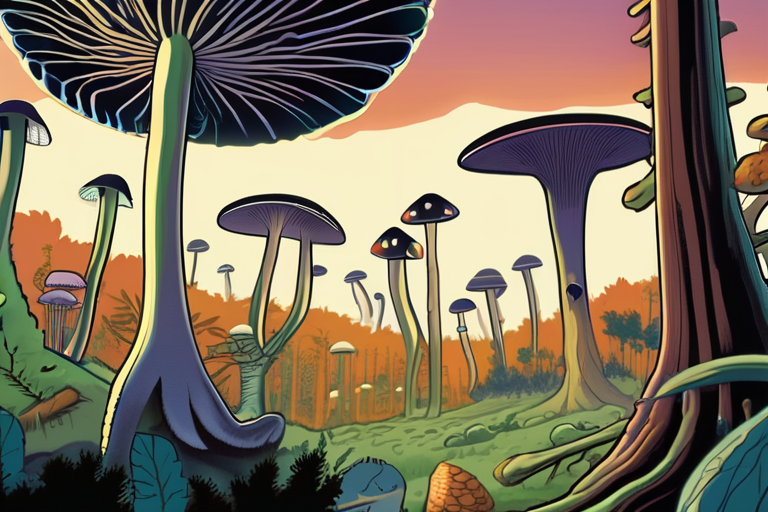
A groundbreaking new study reveals that fungi, not plants, were the dominant force in shaping Earth's landscapes nearly a billion years ago. By forging partnerships with algae, these ancient fungi created the first soils and paved the way for land-ba

Scientists have discovered that the breakup of the supercontinent Nuna 1.5 billion years ago triggered a series of transformative changes on Earth, including reduced volcanic carbon emissions, expanded shallow seas, and increased oxygen availability,

Scientists have unearthed 6-million-year-old ice in Antarctica, providing the oldest direct record of Earth's ancient atmosphere and climate. This groundbreaking discovery reveals a dramatic cooling trend and offers unprecedented insights into greenh
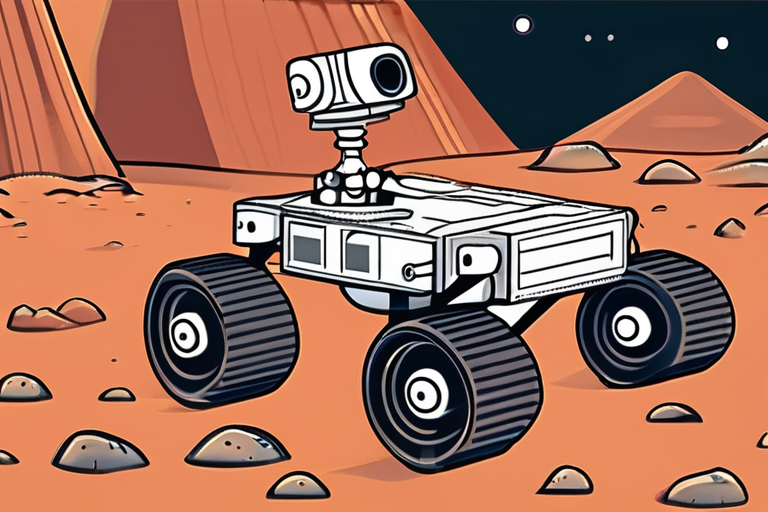
NASA's Perseverance rover on Mars has made significant discoveries suggesting ancient microbial activity may have existed on the Red Planet billions of years ago. The rover found unusual rock formations with "leopard spots" and "poppy seeds," similar

Scientists have made a groundbreaking discovery by combining data from two massive neutrino experiments, shedding new light on the universe's fundamental mystery: why matter exists. This collaboration, involving researchers from Japan and the US, has
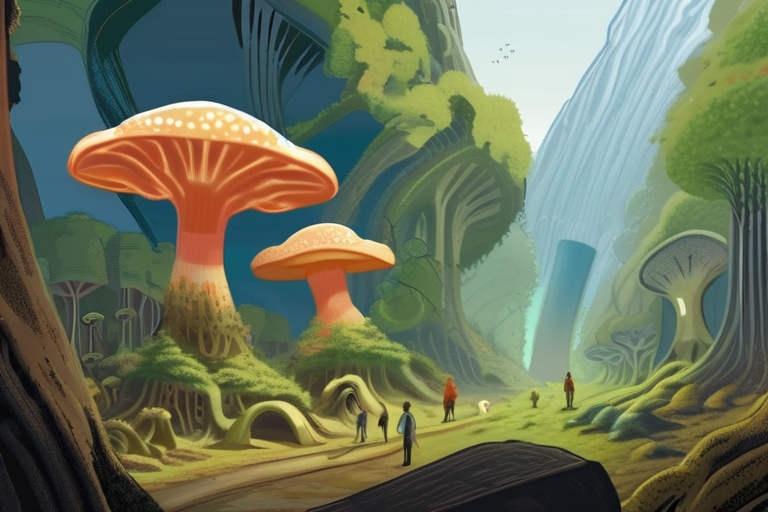
New research reveals that fungi played a pivotal role in shaping Earth's landscapes nearly a billion years before plants emerged, partnering with algae to create primitive soils and paving the way for land-based life. By analyzing fossil evidence and
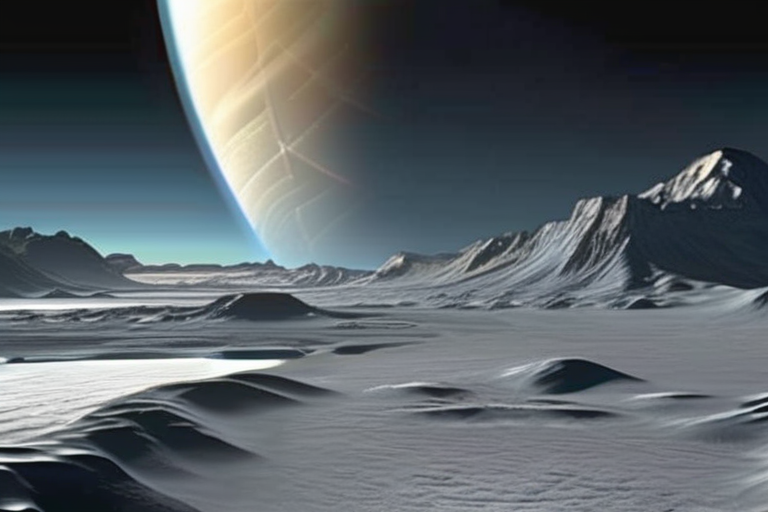
Scientists have made groundbreaking discoveries on Saturn's icy moon Enceladus, detecting complex organic molecules in ice grains ejected from its subsurface ocean. This finding suggests that the moon's chemistry is similar to Earth's, fueling hopes
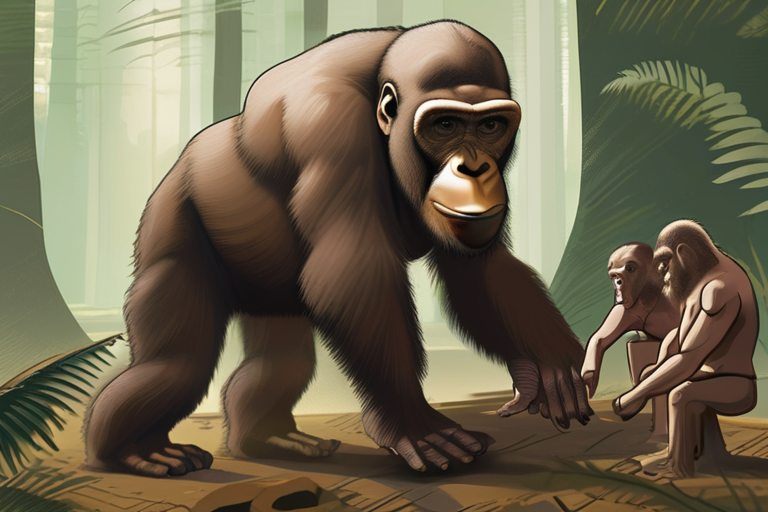
A reconstructed fossil skull from China has revealed surprising clues about our ancient ancestors, suggesting that a shared ancestor of modern humans, Neanderthals, and Denisovans may have lived over a million years ago - more than double the previou
Share & Engage Share
Share this article